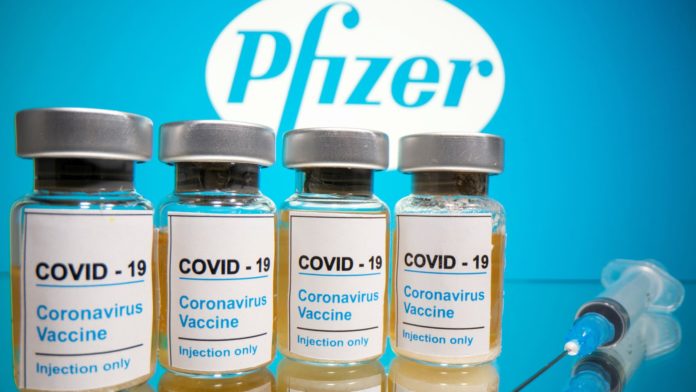On November 10, Pfizer and its partner, German company BioNTech, announced preliminary results following trials of their COVID-19 vaccine, suggesting an initial success rate over 90 percent. In July, Pfitzer and BioNTech began a late-stage clinical trial, offering participants either a vaccine or a water-based placebo; only 94 of the 44,000 participants contracted COVID. A success rate this high is very promising, almost double the Food and Drug Administration’s 50% efficacy standards for emergency vaccine authorization. That is not to say that the vaccine is perfect; it is still in a developmental stage with much uncertainty regarding its potential distribution. It will be months before the vaccine can be made available to the public. Currently, the failings of the vaccine stem from its instability; the vaccine only remains effective for two to five days in conventional refrigeration, requiring storage at -112 degrees to preserve antibodies. Hospitals are currently racing to purchase special freezers to prepare for the onslaught of vaccines and hopeful recipients. The United States is in economic and social turmoil due to the effects of the prolonged coronavirus pandemic, but the researchers of the vaccine see the two months as a necessary wait time to ensure the overall efficacy.
Once vaccines are ready for widespread issuing, state governments must decide who will receive vaccines first. Pfizer expects to be able to produce 50 million doses this year, and chief executives have suggested that half of those may go to the United States. Since each person needs two doses, Pfizer could realistically vaccinate approximately 12 million people, less than 4% of the population. “If you’re talking about 12.5 million people, you’re going to have to make some very tough-minded decisions about whom this goes to,” said J. Stephen Morrison, senior vice president at the Center for Strategic and International Studies, a research firm. The public’s willingness to receive the vaccine is also tentative. The United States of America has long included a vocal group of “anti-vaxxers,” a minority who believe that vaccines are government conspiracies. Fear and resistance are much more likely because of the rush of this vaccine’s production. Even though the percentage of Americans willing to take an early COVID vaccine has dropped by 11% (from 69% to 58%) since August, none of these obstacles are insurmountable, making this vaccine a step towards regaining normalcy.
